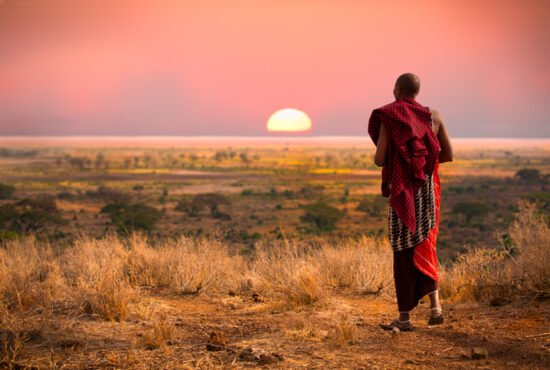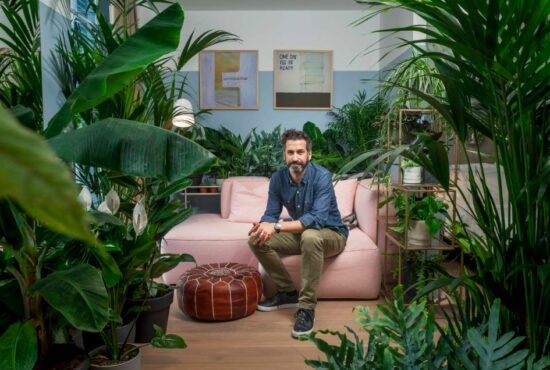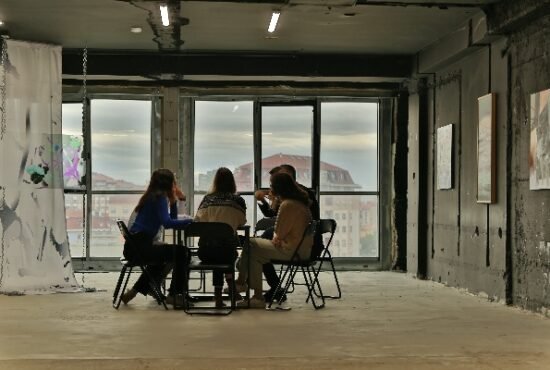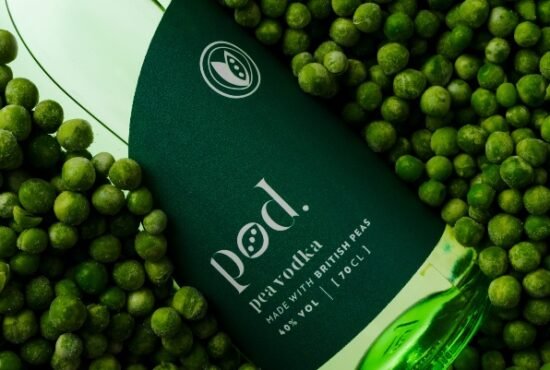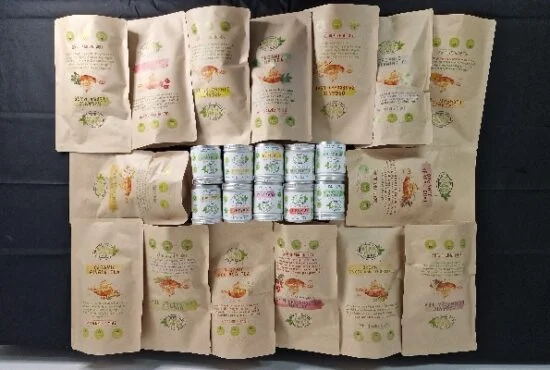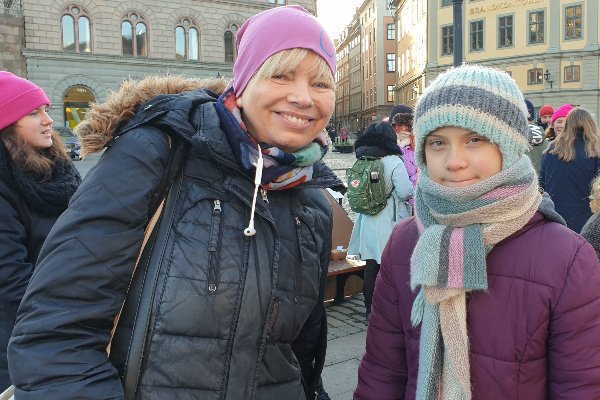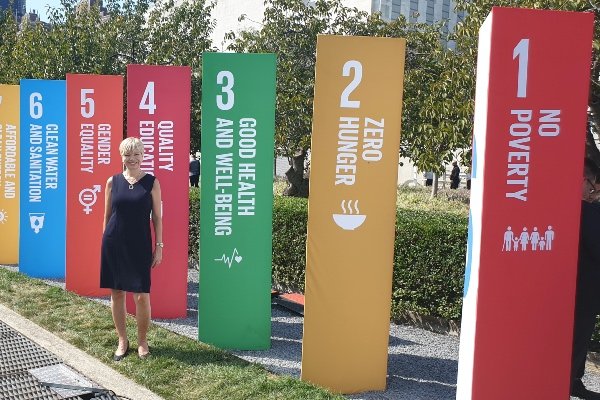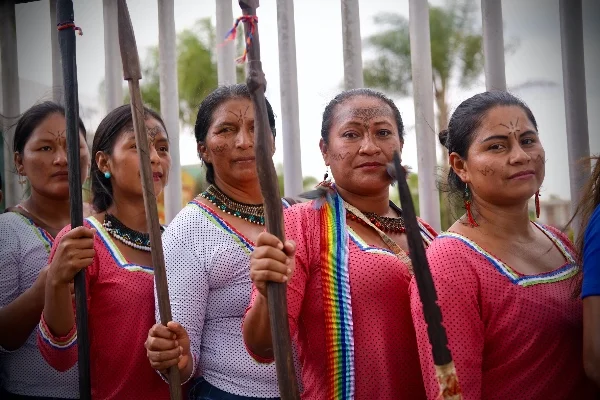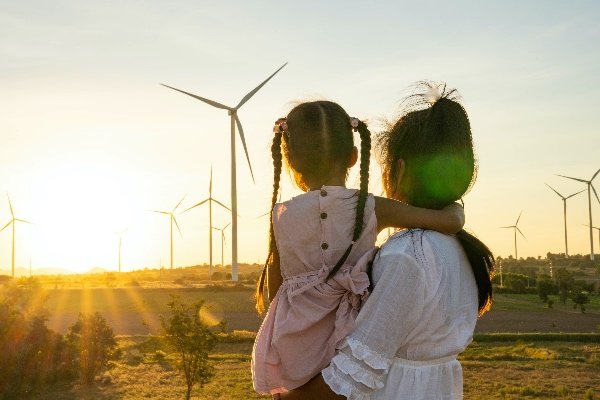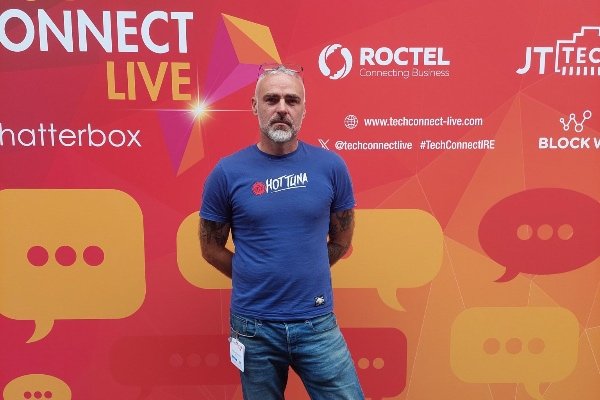This article first appeared in our Earth Day issue of My Green Pod Magazine, published 22 April 2024. Click here to subscribe to our digital edition and get each issue delivered straight to your inbox
We often hear about the need to seek compromise – especially when there are multiple viewpoints – and can frequently end up engaging in debates that we call discussions, or worse: ‘dialogues’.
According to Dr Tina Karme’s research on sensemaking and sensebreaking, debates are neither discussions nor dialogues because most of the time they focus on convincing an audience that one side is right and the other wrong.
‘This type of exchange of viewpoints and understanding rarely helps a new sense or new understanding to emerge’, Tina tells us. ‘Most of the time, we enter and leave the debate with the same opinions and understandings that we had at the beginning.’
Tina’s research focuses on complex issues, and encourages approaches that move beyond compromise and towards integration.
‘Integration is a resolution to tension, where neither part needs to sacrifice what they see as important’, Tina explains. ‘In many sustainability-related complex issues, we need these types of solution; meeting halfway with poor solutions that are not working is not the answer.’
Is profit ‘bad’?
For Tina, we need more dialogue that is geared towards the discovery of integrative solutions – and she believes the business sector should help to sponsor and drive this shift.
Activities that nurture dialogue with different actors form the foundation of problem-solving, and for Tina should be seen as an investment rather than an expense.
‘Integrated solutions hold business opportunities but also attract talent and customers’, Tina argues. ‘But first we must dispel the myth that profit and money are ‘bad’ things. If you are doing good to both people and the planet and making a profit from it, few actors have a problem with that. Dissatisfaction comes only when you are causing problems for people and the planet and profiting from it.’
The ability of businesses to profit from unethical practices, such as human rights violations or environmental harms, are identified as real – and unacceptable –issues in the CSDD (the EU’s corporate sustainability due diligence directive).
‘It always puzzles me how we still today accept that organisations do not implement solutions to protect people and the planet just to make more profit’, Tina says. ‘Yes, more profit; it is not even that they would not make a profit otherwise.’
Moving beyond compromise
According to Tina, we sometimes encounter complex issues that have no solution. These issues require dialogue both in talking solutions and pathways into existence and also in recognising actions and activities that could make a sustainable future a reality.
Among our most pressing complex issues are climate change and biodiversity loss, because we are demanding more resources than nature can provide and dumping more waste than it can handle.
‘We are suffocating our liveable home, our planet’, Tina says. ‘It has been working as a volunteer for us, and we have shown little to no appreciation. We are reaching a point when our volunteers will start demanding a salary for all of their work. And I think it is fair; it seems to be the only language business speaks.’
For Tina this is a perfect example of a complex issue; if all the resources, waste and services provided by the Earth were to be given a price tag, it would cause massive shocks to the economies that generate welfare for societies.
But if we got it right, one step at a time, the monetisation of ecosystem services would provide significant benefits – both economically and for the planet, and therefore also for people.
‘To find these solutions we need to move beyond compromise’, Tina says. ‘This does not mean we need to avoid tensions; tensions are actually what enables integration to occur. This, in turn, is where innovation and problem-solving lie. By recognising good questions and seeking alignment on what we want to achieve in the future, we can discover new approaches where efforts are joined to get there.’
Nurturing dialogue
As a result of Tina’s findings, the 2022 Initiative Foundation decided to take action by launching a new collaboration model where businesses drive dialogues that could result in new integrative approaches and solutions.
Businesses are heavily impacted by polarisation in multiple negative ways, meaning it is in their interest to seek solutions and pathways that nurture a thriving society and innovations that serve multiple needs.
In order for a sustainable, thriving future to unfold, we urgently need to find new ways in which business is able to profit from solving problems for people and the planet.
Connecting business with youth
Due to its consultative status at the UN Environment Programme (UNEP) and UN ECOSOC, the 2022 Initiative Foundation has helped to bring Fridays for Future Most Affected People and Areas (FFF MAPA) representatives to different meetings organised by the UN.
Helena Lindemark, the founder and CEO of the 2022 Initiative Foundation, also played a crucial role in bringing the high-level UN conference Stockholm +50 to life, and has experience in connecting business with FFF youth.
‘We can see the positive atmosphere these dialogues can contribute to’, Helena explains. ‘When we facilitate a safe space where business and youth can come together and share their experiences, desires and knowledge, ideas are often formed that transform the world and accelerate sustainability. Dialogue is the key element where we discover solutions and bring people together to find solutions that could help to make a sustainable future a reality – step by step.’
 Play Video about This Rock Might Just Save The World
Play Video about This Rock Might Just Save The World Play Video about Play 2 hours of rock
Play Video about Play 2 hours of rock Play Video about Play 2 hours of brook
Play Video about Play 2 hours of brook Play Video about Play 2 hours of sheep
Play Video about Play 2 hours of sheep
